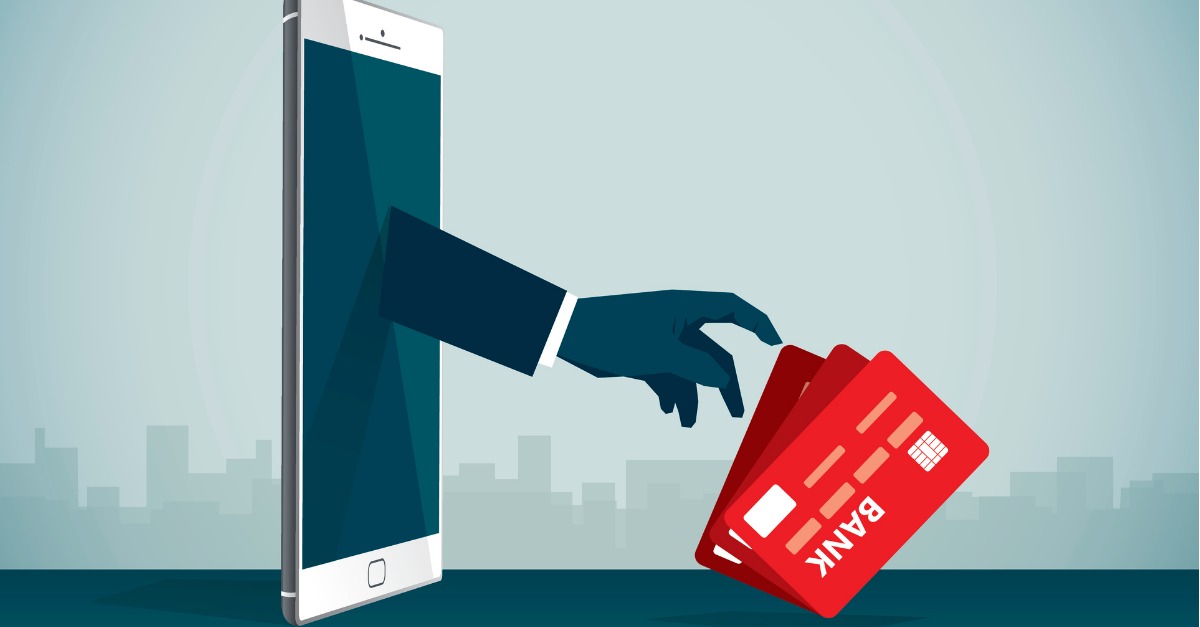
Quick Tips to Avoid Phone Scams
We’ve all experienced it: The phone rings and you don’t recognize the number, but you answer anyway. The voice on the other end of the line is cheerful, knows your name, and starts asking personal or financial questions.
Some unwanted calls, such as those from telemarketers, are more annoying than harmful, but others might be scams that could lead to damaging identity theft or significant money loss.
That’s why caution is key.
To help consumers stop unwanted robocalls and avoid phone scams, the Federal Communications Commission (FCC) has provided the following tips:
• Don’t answer calls from unknown numbers. If you do, hang up immediately.
• You may not be able to tell right away if an incoming call’s phone number is falsely disguised, or “spoofed,” to trick you into picking up. Be aware: Caller ID showing a local number doesn’t necessarily mean it’s a local caller. Also, if you answer and it’s not who you expected, don’t hang on—hang up.
• If you answer the phone and the caller—or a recording—asks you to hit a button to stop getting the calls, hang up. Scammers often use this trick to identify potential targets.
• Do not respond to any questions with “yes.” Scammers might be able to record and use the response as a voice signature to authorize fraudulent charges over the phone.
• Never give out personal information, including account numbers, Social Security numbers, mothers’ maiden names, passwords or other identifying information, in response to unexpected calls or if you’re at all suspicious.
• If you get an inquiry from someone claiming to represent a company or a government agency, hang up and call the number on your account statement, in the phone book, or on the company’s or government agency’s website to verify the authenticity of the request. You’ll usually get a written statement in the mail before you get a call from a legitimate source, particularly if the caller is asking for a payment.
• Use extreme caution if you’re being pressured for immediate payment or information.
• If you have a voicemail account with your phone service, be sure to set a password for it. Some voicemail services are preset to allow access if you call in from your own phone number. A hacker could spoof your home phone number and gain access to your voicemail if you do not set a password.
• Talk to your phone company about call-blocking tools it may have, and check into apps that you can download to your mobile device to block unwanted calls.
According to the FCC, unwanted calls are the government agency’s top consumer complaint, and phone scams are becoming increasingly common and more creative.
So, the next time your phone rings, keep these tips in mind. Always err on the side of caution in order to protect your identity and your wallet.



